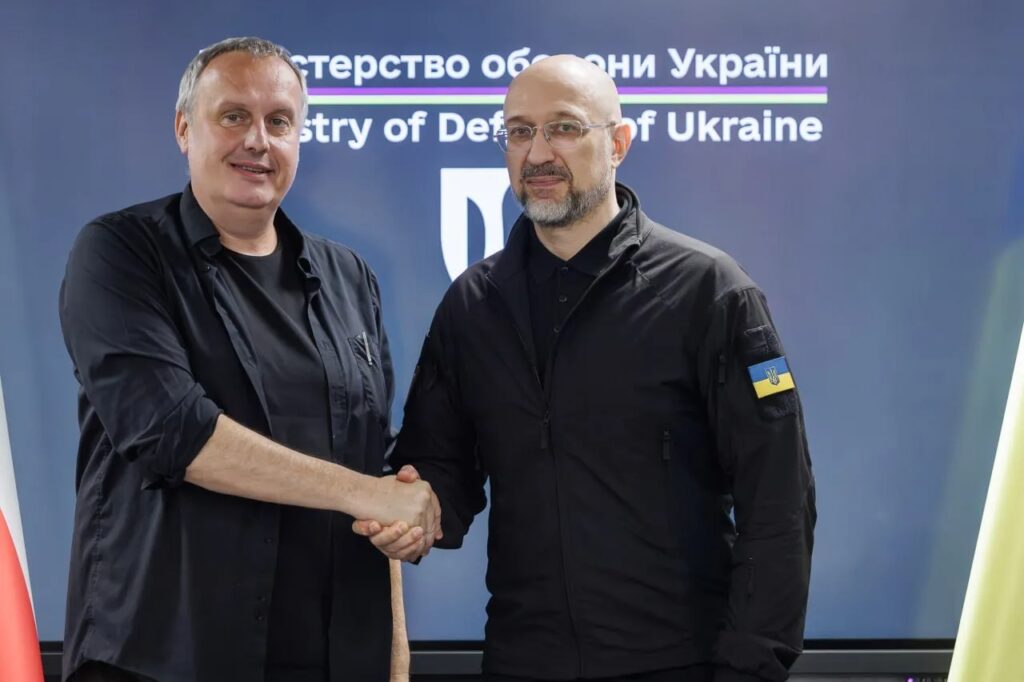Prague announces new anti-air deals for Ukraine as Moscow puts Czech FM on “Russophobe” list

Amid the ongoing Russo-Ukrainian war, Czech aid to Ukraine is set to grow after new commitments from Prague that include fresh military packages and a firm response to Russia’s attempt to intimidate Czech leaders. The plans were announced following meetings between Denys Shmyhal and Czech officials, as Moscow placed the Czech foreign minister on its so-called “Russophobe” list.
Czech aid to Ukraine focuses on anti-air and ammunition
On 30 July, Ukrainian Prime Minister Denys Shmyhal met with Tomáš Pojar, an adviser to the Czech prime minister, to discuss urgent needs for Ukraine’s armed forces. Shmyhal said their talks centered on air defense, electronic warfare and long-range capabilities. He explained that particular focus was on ammunition supply, as the Czech initiative to secure artillery shells of key calibers has become an important source for Ukraine.
According to Shmyhal, the discussions covered specific schedules and plans for supplies for the rest of this year and 2026. They also reviewed cooperation between defense industries. He said that joint enterprises are already working and some projects are underway. These include the production of shells and Bren 2 rifles in Ukraine.
The Czech delegation and Ukrainian officials also analyzed possibilities for new projects in Czechia that would involve leading Ukrainian companies. These projects are intended to support Ukraine’s defense forces in the face of Russia’s ongoing war.
Moscow’s blacklist sparks Czech response
Meanwhile, Czech Foreign Minister Jan Lipavský responded after the Russian Ministry of Foreign Affairs added him to a published list of so-called “Russophobic” politicians.
In his comments to ČTK, Lipavský said he does not use hate speech against Russia but stands firmly against the imperial policies of Vladimir Putin. He added that his criticism targets Putin, his ideology, the Kremlin’s aggression against Ukraine, and sabotage acts even in Czechia.
Lipavský emphasized that his stance on Putin’s aggression would not change and that his plans for a future holiday in Crimea remain unaffected. He repeated that “Crimea is Ukraine” and that the Kremlin’s ban on his entry to Russia has no effect on him. This hints on the future liberation of the Crimean Peninsula, occupied by the Russians since 2014.